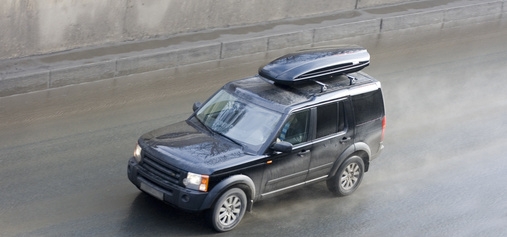
If your Range Rover is experiencing technical, mechanical or electrical problems, then there are a plethora of possibilities concerning the origin of the problem. Sometimes you may be able to diagnose the problem with your Range Rover simply by listening to the noises that it is making. However, at other times, you may need to use a specialized tool, such as an OBD II scanner in order to read the engine code that is indicated by the check engine light.
Look for the OBD II connector if your Range Rover was made in 1996 or later. The plug is located within a few feet of the steering column and is usually to the lower left of the under-console from the steering column near the driver's fuse box. If your Ranger Rover was produced before 1996, then you will need to use an OBD I translator program that connects to your computer in order to read the troubleshoot code. Turn on the OBD scanner and turn the ignition key to the accessories position.
Replace any sensors that come up from the OBD II scanner. Remember to use a multimeter to test the electrical connections leading up to the sensors for resistance. If the terminals on any of the connections indicate infinite resistance, then you most likely have an electrical problem rather than a problem with the sensor itself. It is important to note that the OBD II does not necessarily tell you the exact problem, however, it will tell you certain circuit and sensor components that are not functioning properly.
Listen to your Range Rover as you pump the brakes. If you hear metal on metal sounds while braking, then your brake pads are worn out and are scratching the rotor surfaces. Additionally, if you feel the brake pedal pulsating while braking then your rotors either need resurfacing or replacing. Lift your Range Rover using a floor jack and jack stands and remove the tires. Depending on your model, you may need to remove the calipers with a torque wrench from the rotor mounts in order to access the brake pads. Inspect the rotors for grooves, rust, cracks or other signs of wearing out.
Listen to your Ranger Rover for metallic clicking or grinding noises. If you hear these noises when you start up the engine, your starter is not engaging properly with the flywheel and has the potential to permanently damage the teeth on your flywheel, which equals a costly repair. Alternatively, if the noises are coming from acceleration or turning, then your CV joints are most likely bad and need replacing. If you let your CV joints go for too long, you could cause permanent damage to your axle system.